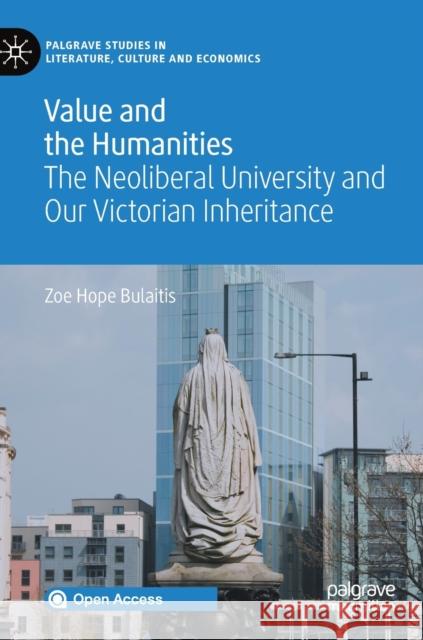Value and the Humanities: The Neoliberal University and Our Victorian Inheritance » książka
topmenu
Value and the Humanities: The Neoliberal University and Our Victorian Inheritance
ISBN-13: 9783030378912 / Angielski / Twarda / 2020 / 255 str.
Value and the Humanities: The Neoliberal University and Our Victorian Inheritance
ISBN-13: 9783030378912 / Angielski / Twarda / 2020 / 255 str.
cena 201,24
(netto: 191,66 VAT: 5%)
Najniższa cena z 30 dni: 192,74
(netto: 191,66 VAT: 5%)
Najniższa cena z 30 dni: 192,74
Termin realizacji zamówienia:
ok. 22 dni roboczych.
ok. 22 dni roboczych.
Darmowa dostawa!
Kategorie:
Kategorie BISAC:
Wydawca:
Palgrave MacMillan
Seria wydawnicza:
Język:
Angielski
ISBN-13:
9783030378912
Rok wydania:
2020
Wydanie:
2020
Numer serii:
000838902
Ilość stron:
255
Waga:
0.59 kg
Wymiary:
21.01 x 14.81 x 2.24
Oprawa:
Twarda
Wolumenów:
01
Dodatkowe informacje:
Wydanie ilustrowane











